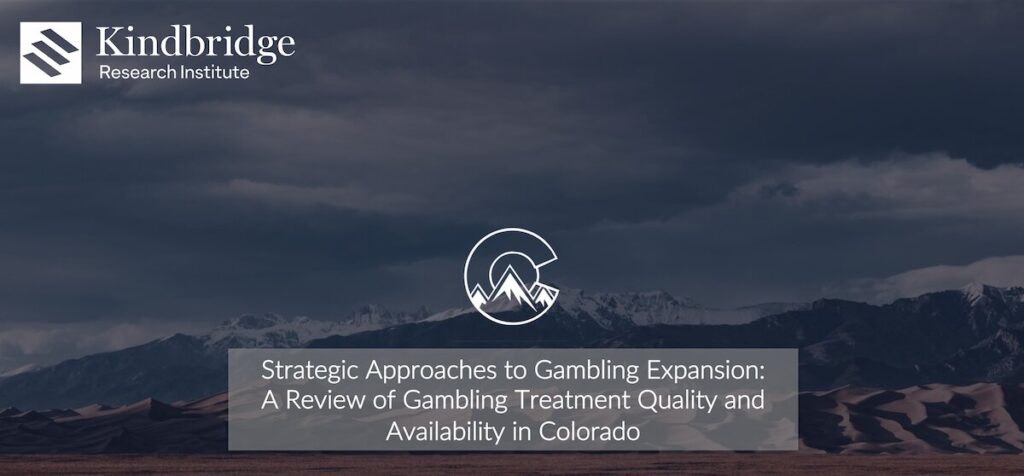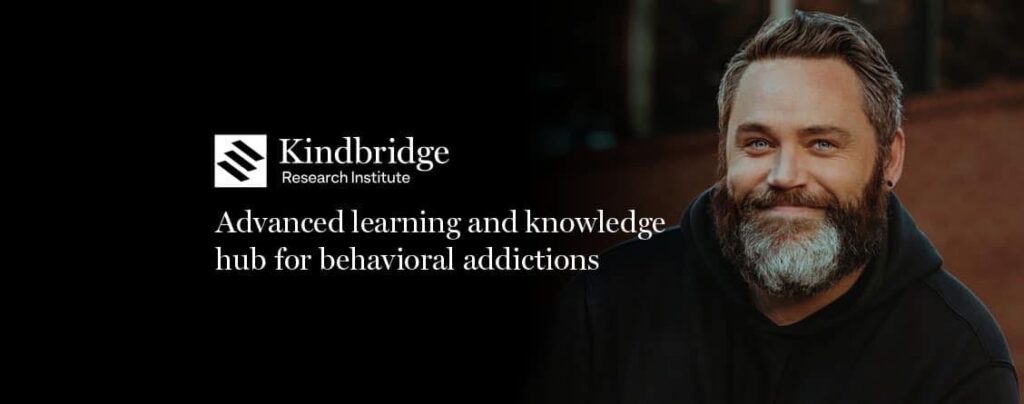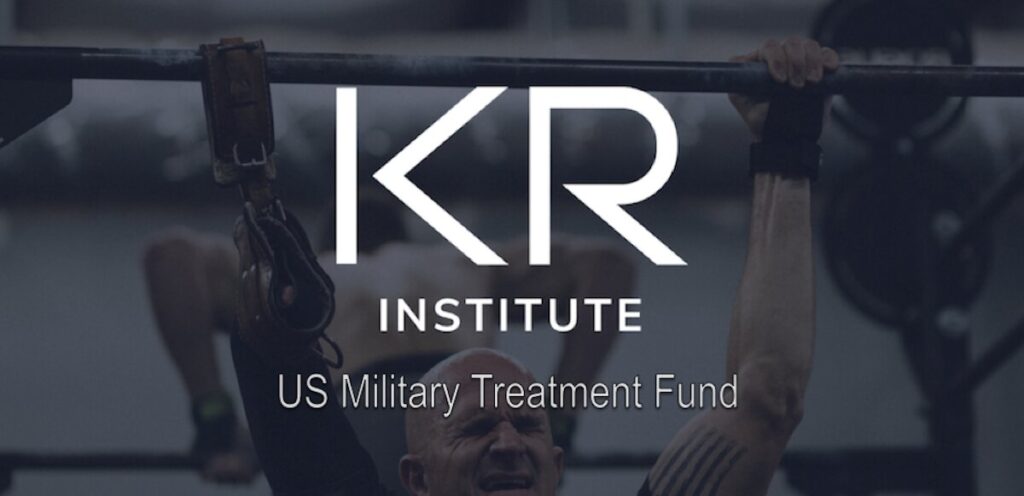Just over a year after the U.S. Supreme Court removed the federal ban on sports betting, Colorado legalized the activity in November of 2019. It officially launched in both online and retail formats in May 2020, making it the 18th U.S. state to do so.
Records from the Colorado Department of Revenue (CDOR) indicate that Gross Gaming Revenue (GGR) for the most recently recorded month in 2023 was just under $46 million, which is up 63% from the same period in 2022, and up 125% from 2021. Gambling tax revenue to gaming counties and cities is distributed to support a number of initiatives. The Limited Gaming Fund apportions a percentage to the preservation of historical sites in the state, while the rest (50%) is at the discretion of the General Assembly. Meanwhile, the Extended Limited Gaming Fund uses 78% of the reserve to support financial aid and classroom instruction at Colorado community, junior, and district colleges, while the remaining amounts are allocated to help address the impacts of gambling.
Considering the timeline, GGR growth, and distribution of resources to address the impact gambling has on its residents, Colorado presents an ideal working model for how legalized gambling and behavioral health support may coexist. This is why Kindbridge Behavioral Health and the Kindbridge Research Institute (KRI) has handpicked Colorado for our gambling disorder support projects. Below is a summary of these initiatives, which we hope will serve as inspiration for other regulated U.S. states who are committed to supporting their at-risk residents.
How Kindbridge and the State of Colorado is Working Together to Mitigate the Impact Gambling May Have on At-Risk Residents
Analysis of Mental Health Treatment Disparities in Relation to Gambling Disorder in Colorado

All Kindbridge Research Institute initiatives in Colorado (including those below) evolve from this inception-level project. Funding will be employed to perform a comprehensive one-year analysis of Colorado’s mental health treatment disparities as they relate to gambling disorder. Results of the analysis will be used to formulate an implementation strategy for the State of Colorado.
KRI will have one researcher based in Colorado for the year. Supporting staff will be on-site throughout the annum, across all regions of the state, working with major health systems, universities, tribal communities, rural residents,, and even prison populations.
This project involves three defined goals:
Goal 1: Create a novel and innovative data set that will demonstrate feasibility for future years of data and linkage to other sources. This data set will include measures of treatment locations for gambling disorder (GD), substance use disorder (SUD), and mental health disorders, then link these with state and rural/urban codes (county or equivalent).
Goal 2: Using the novel data set, KRI will calculate treatment availability measures for GD (overall and per-capita supply of certified and non- certified providers), while calculating similar measures for SUDs and mental health disorders.
Goal 3: Conduct statistical analyses to identify GD treatment shortages among rural communities, as well as the supply of GD treatment compared to psychiatric disorder treatment.
Data sets will be mapped into a Geographic Information System (GIS) to give the Colorado Gaming Commission and the Colorado Office of Civil and Forensic Mental Health a comprehensive picture of where the most at-risk populations are across the state. Categorization techniques will make it possible to provide Colorado with interpretable findings that will then be used to help create a 5-year strategic implementation road map. This road map will make it possible for the state to take a comprehensive approach to public health policy, legislation, treatment, education, and prevention strategies regarding gambling disorder.
The delivery of the data set, GIS, 5-year strategic plan and the implementation road map is expected by the end of February 2024. Running concurrently to the benefit of individuals, households, communities, and organizations impacted by problem gambling in Colorado are a number of other KRI programs that are already underway. Please keep reading.
Colorado Military Problem Gambling Research, Education, & Recovery Program

There are six military bases in Colorado, with nearly 35,000 active duty personnel and almost 400,000 veterans. Both active and retired military communities are one of the highest risk populations for development of disordered gambling in the country. Recent research shows a prevalence rate among Veterans of nearly 10%. Access to mental health care programs for veterans and active-duty military personnel are traditionally limited with long wait times, exacerbating the problem gambling issue when it arises. Kindbridge has identified that a program that specifically focuses on this population can significantly reduce long term harm and provide a solution to care access.
Kindbridge Research Institute’s Colorado Military Problem Gambling Research, Education, & Recovery Program will provide active and retired military personnel and their families with access to a telehealth program specifically for gambling disorder. The program will also help to expand the military mental health workforce through the Colorado Military Research Fellowship by giving veterans research experience with disordered gambling in the state and assisting them in entry to Master’s level mental health programs in Colorado universities. Lastly, the program will support the build out of a Reserve Officers’ Training Corps (ROTC) specific training program that helps future military officers identify problematic behavior amongst their peers and those that report to them, train them on screening and intervention tools, and educate them on how to get help.
Furthermore, this holistic program will analyze co-occurring addictions and co-morbidities that accompany gambling disorder in active military and veterans. KRI will also be able to analyze social determinants of health among the population and provide suggestions for long term population health strategy. With the support of Colorado’s governing bodies, Kindbridge expects to make a significant impact on reducing gambling related harms within this vulnerable population.
Contact Kindbridge Research Institute to inquire about the potential for a similar program in your state, and/or donate to support the U.S. Military Treatment Fund (which we expand upon below).
Military Treatment Fund

Running concurrently with the Colorado Military Problem Gambling Research, Education, & Recovery Program, is Kindbridge Research Institute’s Military Treatment Fund. KRI has created the program specifically to address the mental health needs of the 18 – 34 year old service-member and veteran population. The fund will provide online and teletherapy support, financial counseling, and a hardship contribution to help them reset and stabilize after a serious mental health event involving a gambling disorder.
In the event that a veteran requires access to more acute care, the program will provide tele-support before their intake and after their discharge of care. This allows KRI to collect quality recovery data on the Veteran and get a comprehensive view of their journey. Intense outpatient and inpatient treatment will also be covered for qualifying veterans. Should their needs extend over a long period of time, the fund may help (depending on their financial status) cover living costs for the veteran and their immediate family. This eases the burden and keeps the veteran focused on recovering. Concerns over cost should not be a barrier to mental health care for those who put their lives on the line for our country.
The Military Treatment Fund intends to cover the following (as required):
- Performance coaching
- Coaching
- Teletherapy
- Intense outpatient care
- Inpatient care
- Recovery coaching
- Financial coaching
- Housing, utilities, automotive
- Food security
- Medical assistance
This robust program also includes initiatives to bring the at-risk military community together with supporters and allows them (active military and veterans) to participate in journeys of spiritual renewal and emotional recovery. There will be annual Recovery Adventure Retreats, Quarterly Mental Health Summits, Annual Fundraising Galas, and other events that bring the individuals, families, companies, and organizations together in support of this worthy cause. For instance, KRI is working with NASCAR on the 2023 NASCAR Day Giveathon to help fund the program.
Contact Kindbridge Research Institute to inquire about the opportunity for a similar program in your state.
Colorado Athlete Wellbeing Program
The introduction of regulated sports betting in the U.S. has had an unanticipated impact on the wellness of collegiate student-athletes. They are facing online harassment and receiving threats of violence from disgruntled gamblers who, as they see it, lose wagers based on the athlete/team performances. The issue has become problematic to the point that the Federal Bureau of Investigation (FBI) has stepped in. While the FBI along with college sports officials, state gambling regulators, and sportsbook operators are working on solutions to protect exposed athletes from physical harm, a more integrated approach must be applied to address the toll harassment and threats take on their mental health.
In Colorado, college athletes will soon be able to receive mental health support and report harassment when they are targets of online abuse. The Colorado Department of Revenue has approved grant funding for Kindbridge Research Institute to develop the Colorado Athlete Wellbeing Program. As a partnership between KRI and Sportradar, the program will deliver app-based mental health services and training to more than 20 collegiate athletic programs in the state. This program will help student athletes better manage the mental health issues they’re already experiencing and new abuse coming from angry gamblers.
Contact Kindbridge Research Institute to inquire about the opportunity for a similar program in your state.
As alluded to above, the work we’re doing in Colorado presents an ideal working model for how legalized gambling and behavioral health support may coexist. We wholeheartedly hope that it will inspire governing bodies in other regulated U.S. states to better support their at-risk populations.
Contact Kindbridge Research Institute today to learn more about how to bring these programs to your communities:
Contact Kindbridge Behavioral Health regarding other related programs for gambling disorder support.


